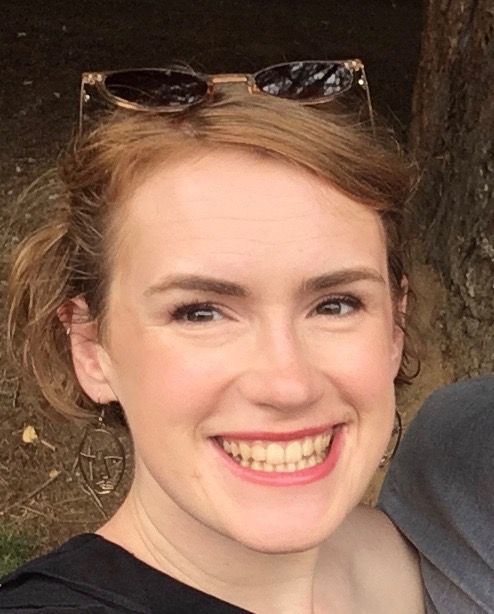Philosophy

Associate Professor - On Leave
Philosophy
Abbotsford campus, D3119
Phone: 604.504.7441, local 4876
email Anna WebsiteAnna’s research is in social/political philosophy, feminist philosophy, Indigenous philosophy, and social epistemology. Her doctoral thesis articulates a novel theoretical framework of settler ignorance, which reveals how the elimination of Indigenous peoples requires their delegitimization as knowers. Both her teaching and research revolve around a consideration of voice and community, and how we are able to hear each other in and out of the classroom. Her dissertation raises this question as it pertains to settler Canadians’ ability and willingness to hear testimonies of structural settler colonial violence, and her teaching prioritizes the development of students’ critical voices.
PhD, University of Oregon, Eugene, Oregon, 2018
MA, University of Oregon, Eugene, Oregon, 2015
BA (Hons), McGill University, Montreal, Quebec, 2011
Anna has diverse interests that span philosophical traditions and topics: feminist theory; Indigenous philosophy; phenomenology; early modern rationalism (esp. Spinoza); formal logic; and political philosophy. What connects these varied research interests is her steadfast belief that philosophy can examine our concepts and practices in order to solve public problems. An example of this is her article “Recognizing Settler Ignorance in the Canadian Truth and Reconciliation Commission” in Feminist Philosophy Quarterly (2018), which argues that the Canadian Truth and Reconciliation Commission provides a concrete example of how the politics of recognition fails to transform relationships between Indigenous and settler communities because it fails to account for structural settler ignorance.
Another example is her chapter “On the Existential Damage of School Shootings” in Feminist Phenomenology: Practical and Theoretical Perspectives (Rowman & Littlefield, 2018) which gives a phenomenological account of habits of hypervigilance after the 2007 Dawson College school shooting. She draws from classical and critical phenomenology, as well as from her own work experience as a self-defence instructor and trainer at COPA (centre ontarien de prévention des agressions [Assault Prevention Centre of Ontario]), to describe the possibility of gaining trust in the world again through bodily practices in the form of feminist self-defence classes.